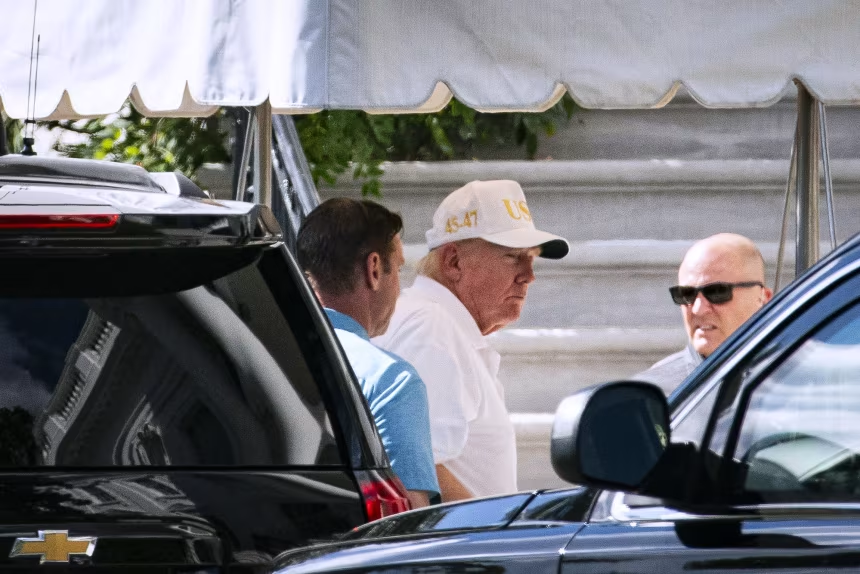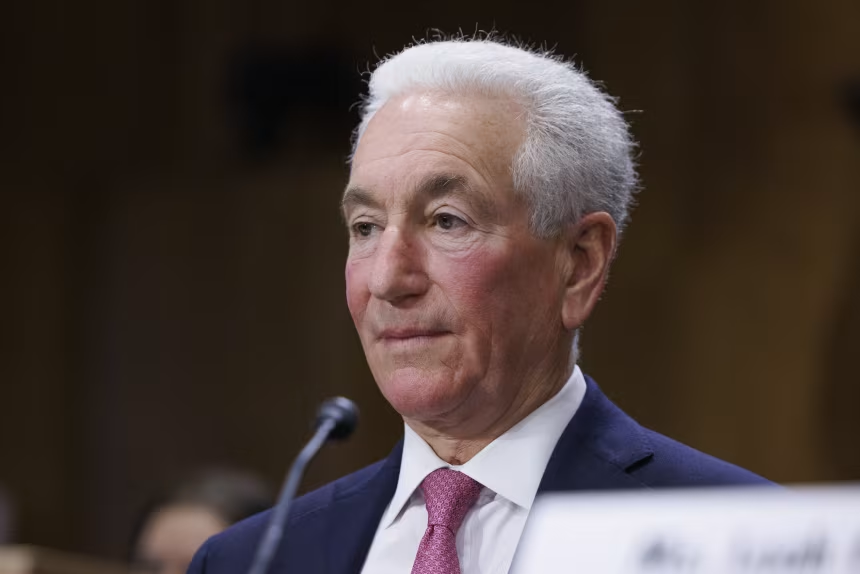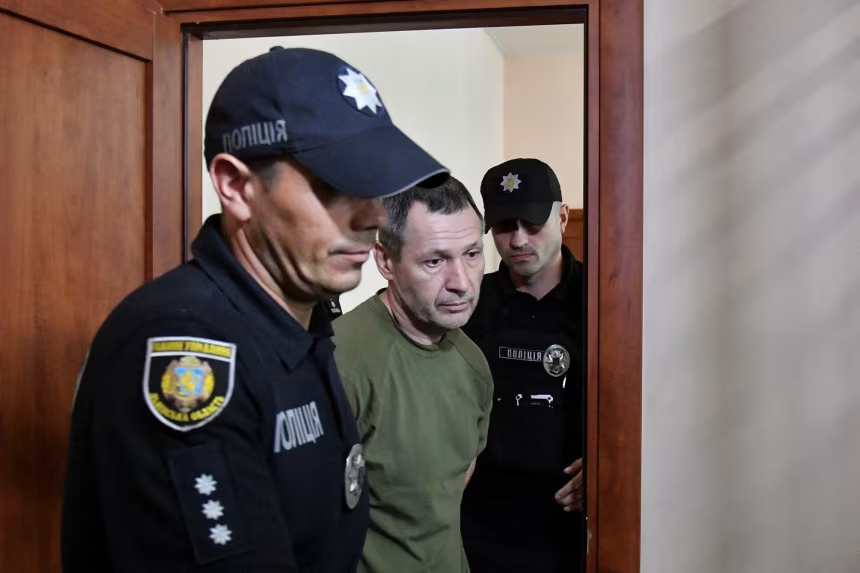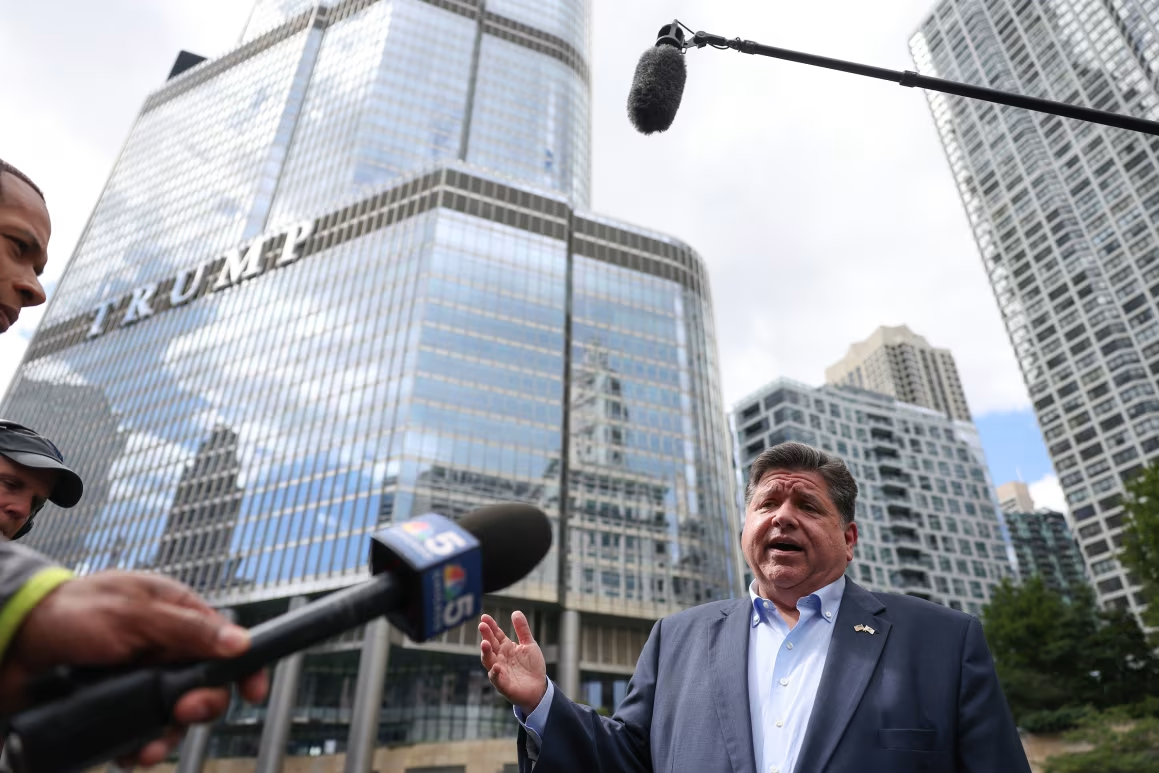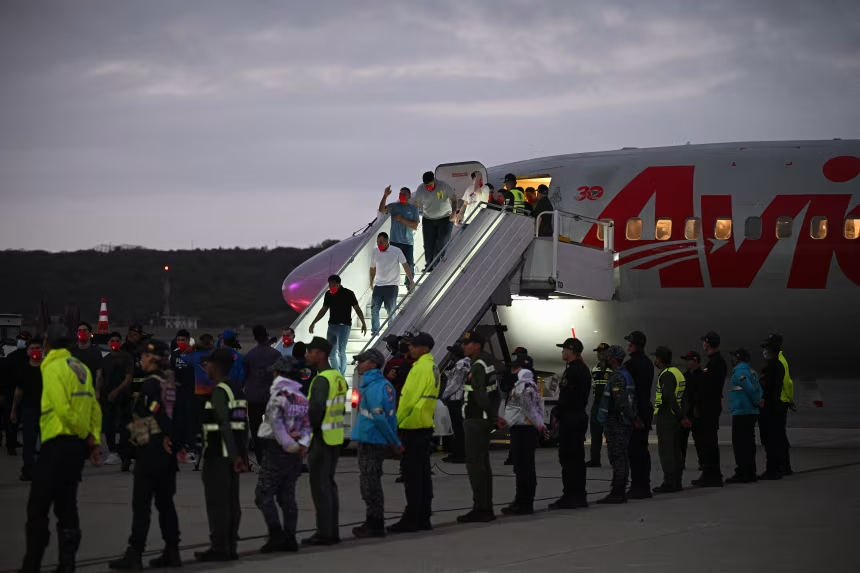Global attention is once again focused on Ukraine after a major summit in Paris brought 26 nations together to discuss post-war security. While European leaders pledged unprecedented support, the United States under President Trump continues to outline a narrower role, raising questions about the durability of these guarantees.
At the summit, French President Emmanuel Macron announced that European allies stand ready to deploy ground, air, naval, and cyber forces to protect Ukraine the moment a peace agreement is signed. Leaders stressed that this coalition—dubbed the “Coalition of the Willing”—would act swiftly to deter future Russian aggression and ensure Ukraine’s sovereignty.
The United States, however, stopped short of matching those commitments. President Trump reiterated that no U.S. ground troops would be deployed in Ukraine. Instead, Washington pledged to provide airpower, intelligence, and logistical support. European leaders admitted this limited assurance from the U.S. played a key role in their decision to step forward, but many remain cautious about the long-term reliability of American backing.
Trump also tied his support to broader geopolitical demands, urging Europe to cut Russian oil imports and ramp up economic pressure on China for its partnership with Moscow. These conditions add a layer of complexity to already fragile transatlantic coordination.
Meanwhile, Russian President Vladimir Putin has warned that any Western troops on Ukrainian soil would be treated as “legitimate targets.” This sharp rhetoric highlights the risks European nations may face if their pledges move from words to action.
For Ukraine, the commitments signal a major diplomatic victory. Ukrainian officials emphasized that only robust, multinational guarantees covering land, sea, air, and cyberspace can deter further Russian aggression. Still, without a fully unified U.S.–European front, the effectiveness of these promises remains uncertain.
As the war drags on, the pledges made in Paris may shape not only Ukraine’s future but also the balance of global security. Whether these guarantees prove to be concrete protection or fragile promises will be tested in the months ahead.



